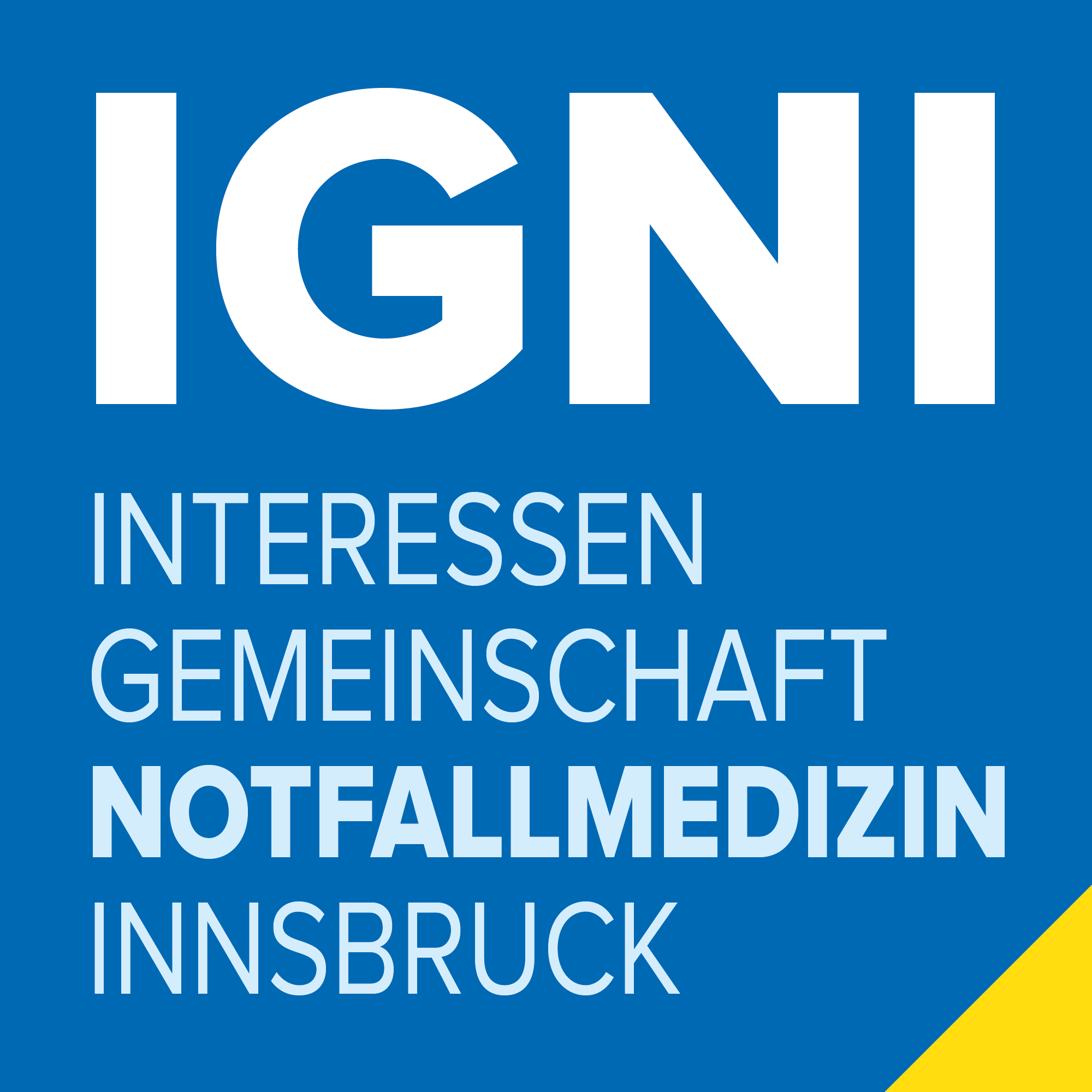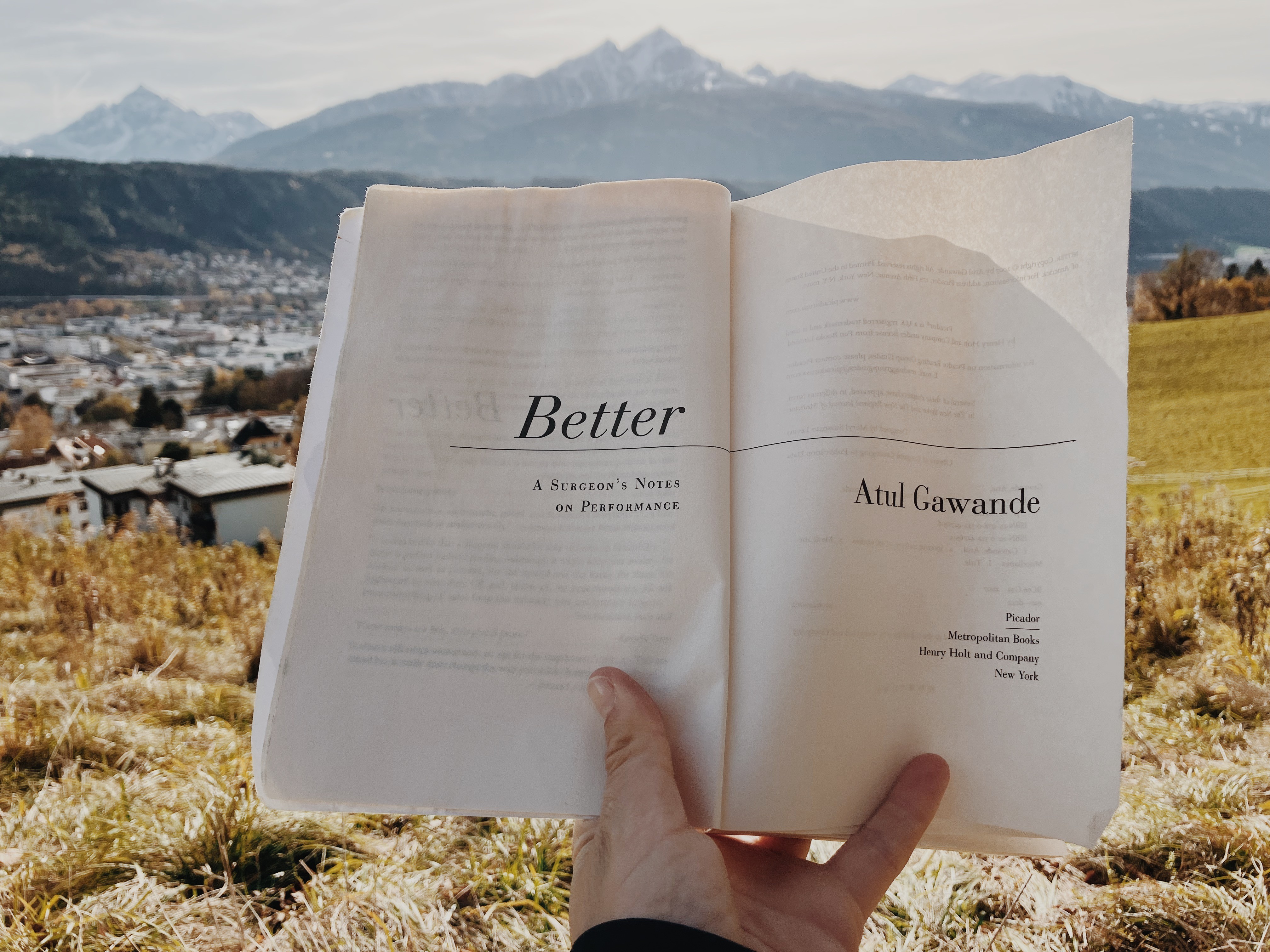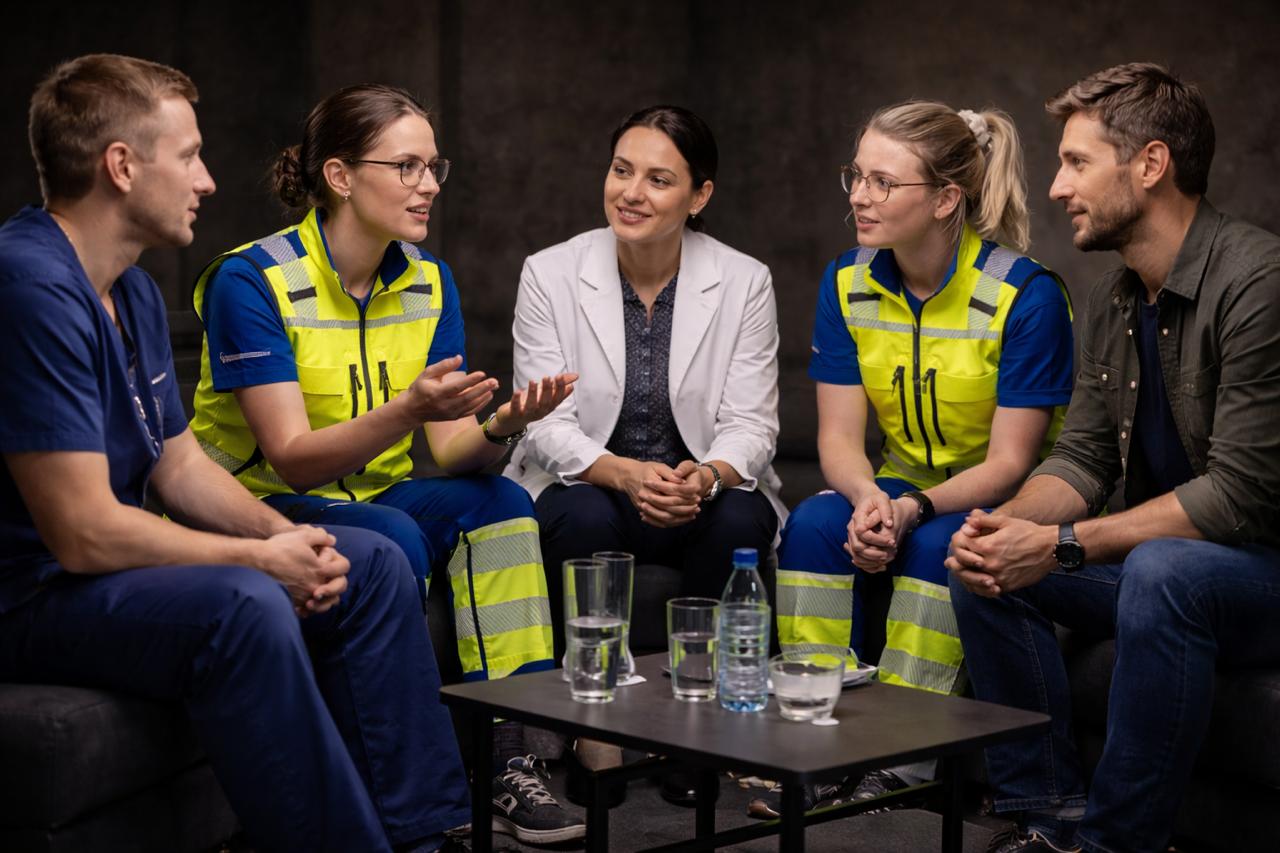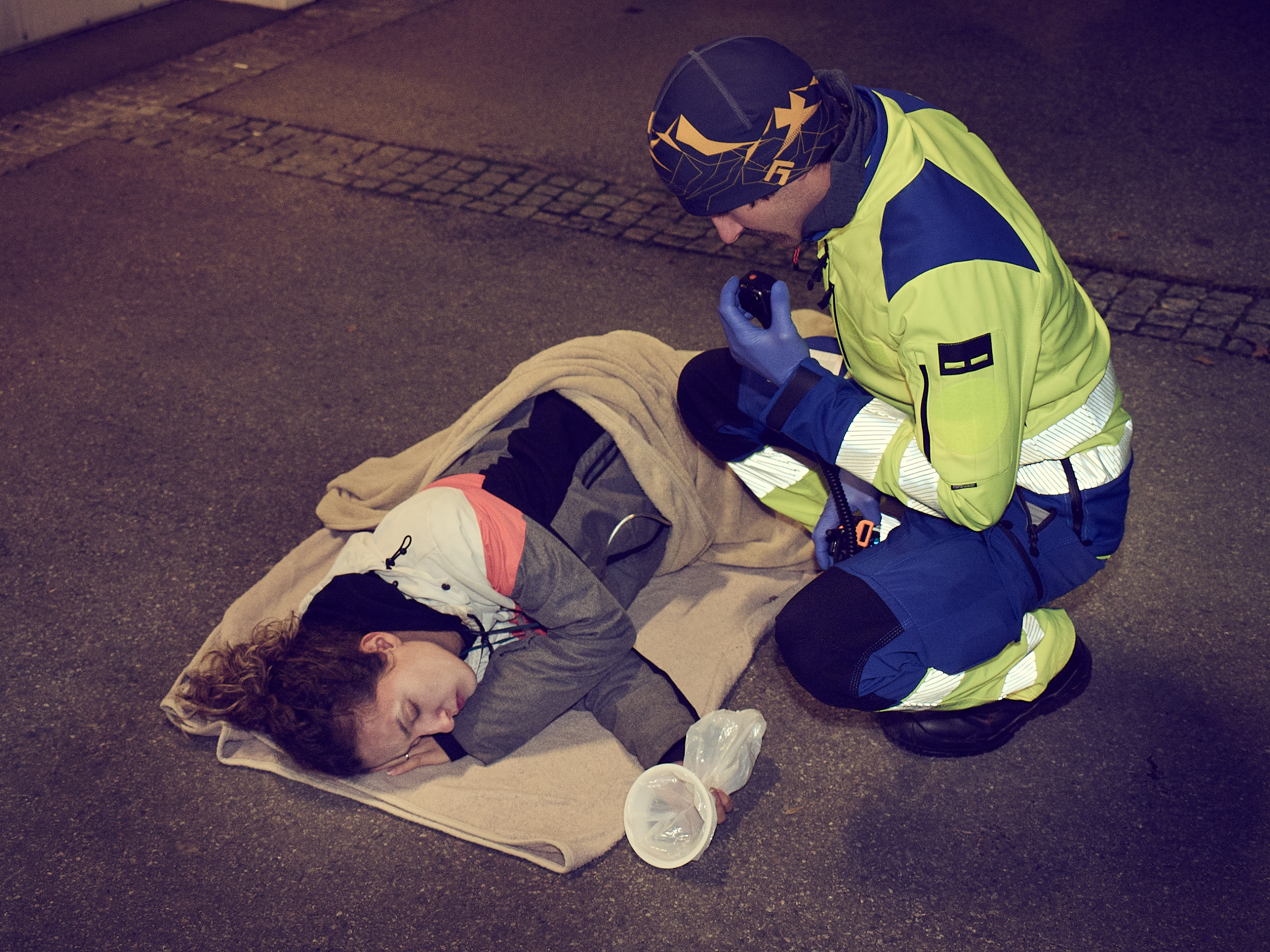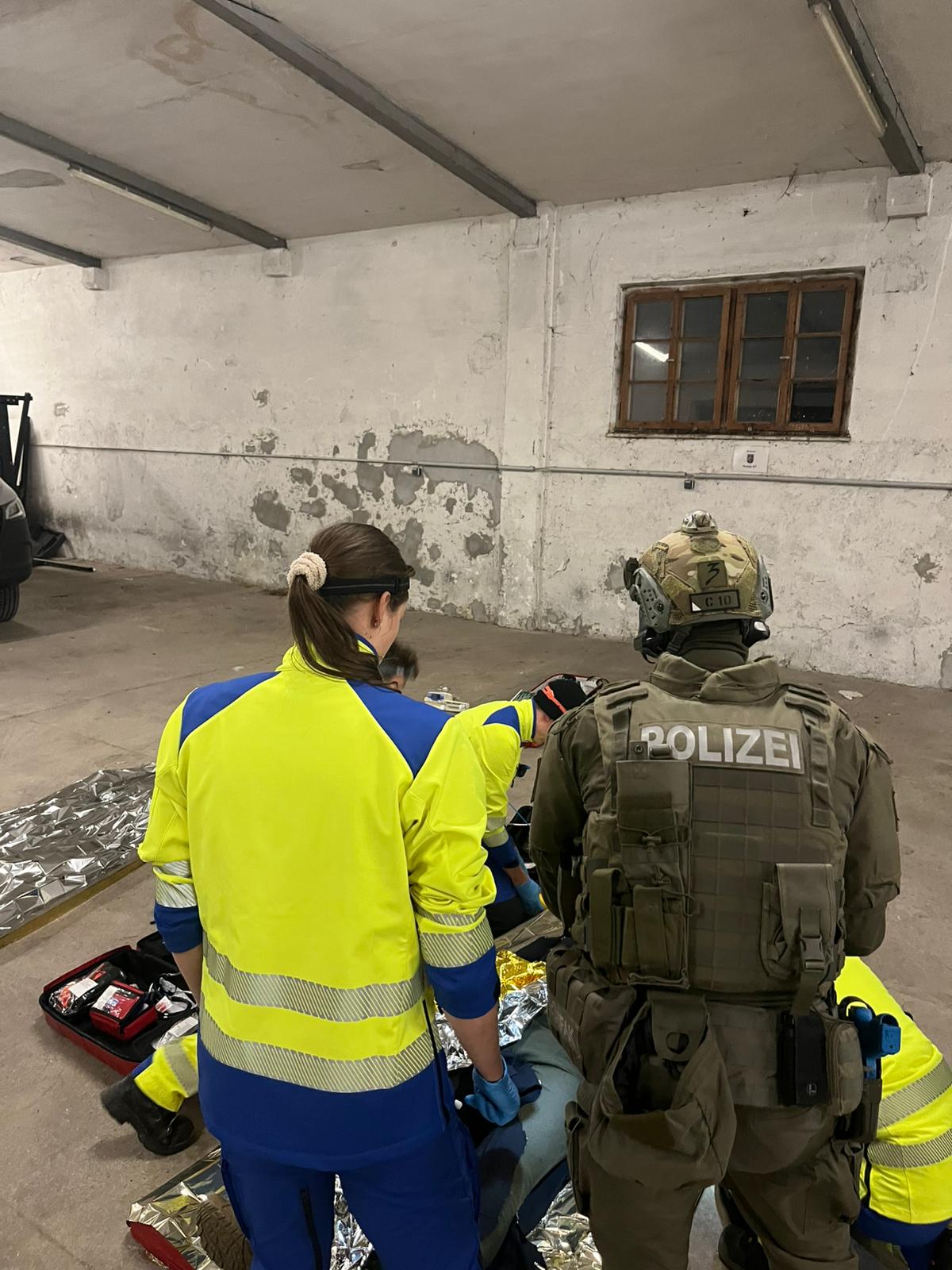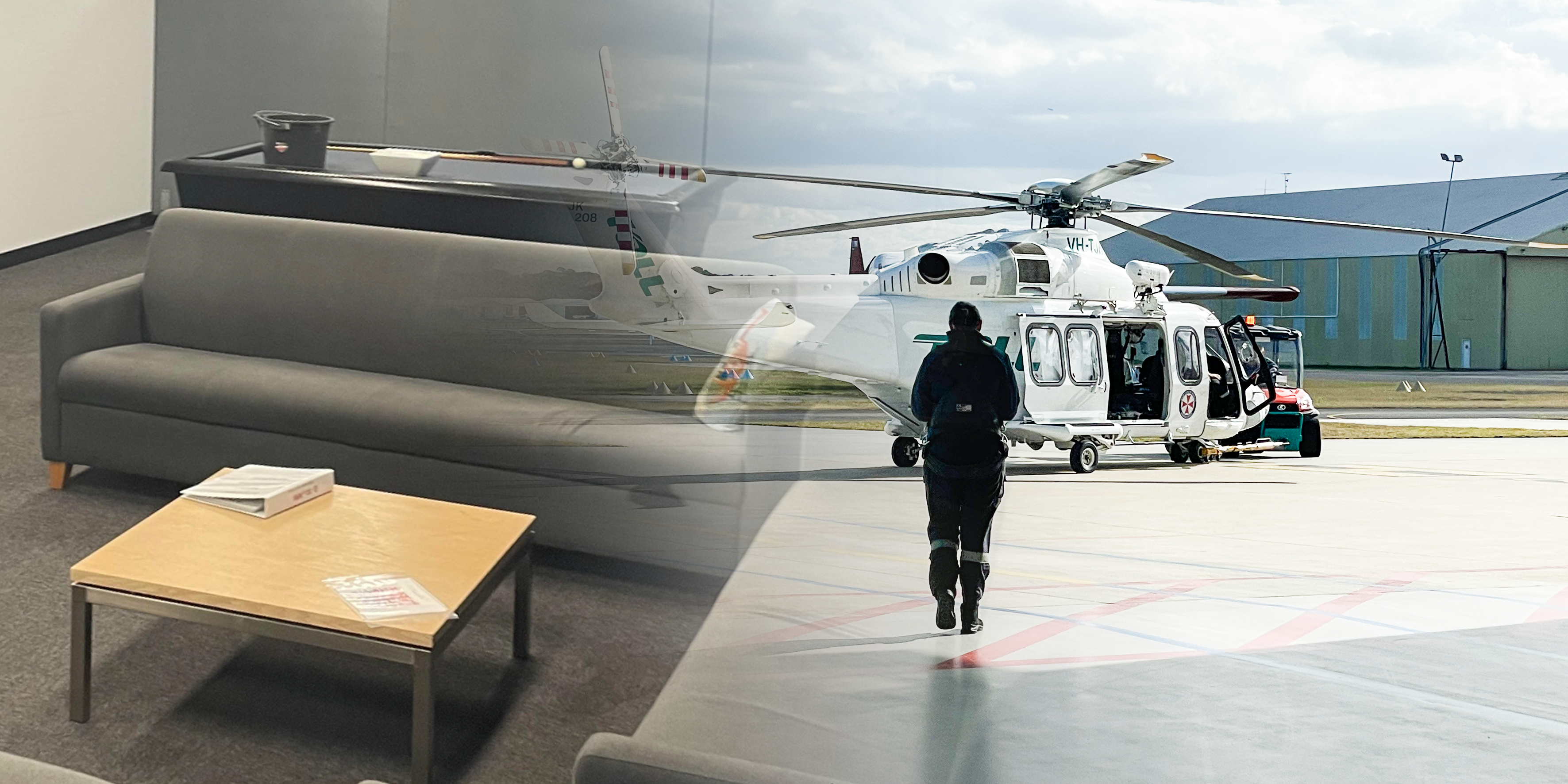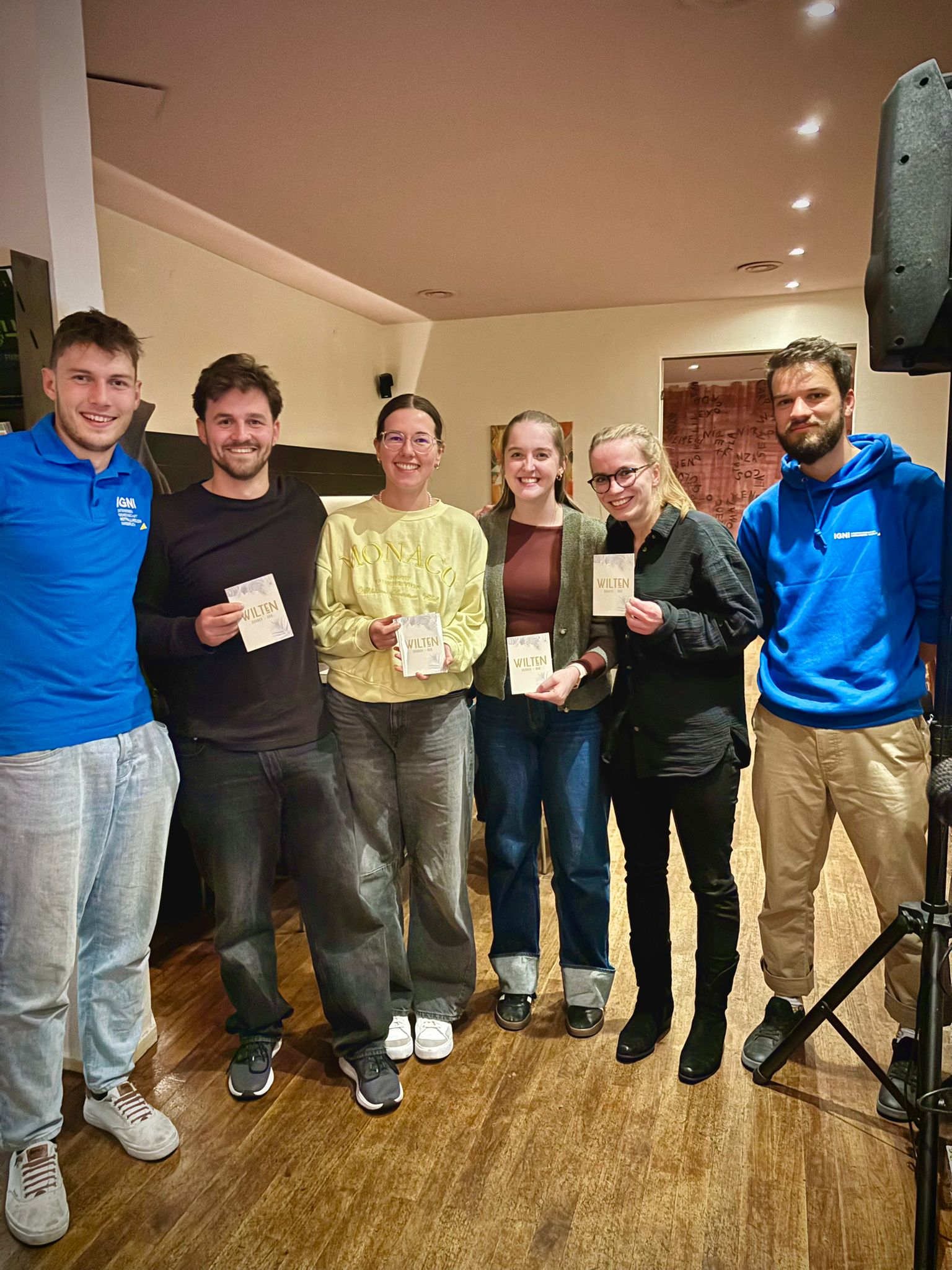Better #booksweread
“When someone has come to you for your expertise and your expertise has failed, what do you have left? You have only your character to fall back upon - and sometimes it’s only your pride that comes through.” p167
BETTER
A surgeon’s notes on performance
Atul Gawande
general surgeon at the Brigham and Women’s Hospital in Boston, associate professor at Harvard Medical School, New York Times bestseller author
Man eignet sich theoretisches Wissen an, man trainiert, man probiert so viel praktische Erfahrung zu sammeln wie möglich. Aber was ist es im Endeffekt, das einen „besser“ macht?
Es geht um etwas, worüber man in den meisten Büchern nichts lesen kann. Wie gehe ich mit Dingen um, die, unabhängig davon wie sehr ich mich bemühe, kommen werden: Grenzbereiche. Unzufriedenheit. Versagen. Fehler.
Atul Gawande legt keine Paradigmen fest. Er erzählt Geschichten. Von Personen, die er getroffen hat, von Prozessen, die er beobachtet hat. Man lernt über die Historie der Medizin und die gesundheitspolitischen Herausforderungen diverser Länder. Er beleuchtet zum einen die medizinisch theoretischen Blickwinkel und zum anderen die emotionalen der Patienten und des medizinischen Personals. Und am Ende jedes Kapitels ist es dem Leser selbst überlassen, sich eine Meinung zu bilden.
Unter anderem spricht Gawande mit Ärzten, die sich bereit erklärt haben, die Todesstrafe zu vollziehen und begleitet eine Polio Kampagne in Indien.
Weitere Zitate aus dem Buch:
„What is troubling is not just being average but settling for it.” p230
“What the best may have, above all, is a capacity to learn and change - and to do so faster than anyone else.” p227
“As medicine tries to cope with the advancing complexity of knowledge and treatment, it is falling short in performing even the simplest of its tasks.” “… We need two things: Measure ourselves and be more open about what we are doing.” p214
“When we’ve made a science of performance, however - as we’ve seen with hand washing, wounded soldiers, child delivery - thousands of lives have been saved. Indeed, the scientific effort to improve performance in medicine - an effort that at present gets only a miniscule portion of scientific budgets - can arguably save more lives in the next decade than bench science, more lives than research on the genome, stem cell therapy, cancer vaccines, and all the other laboratory work we hear about in the news. The stakes could not be higher.”
